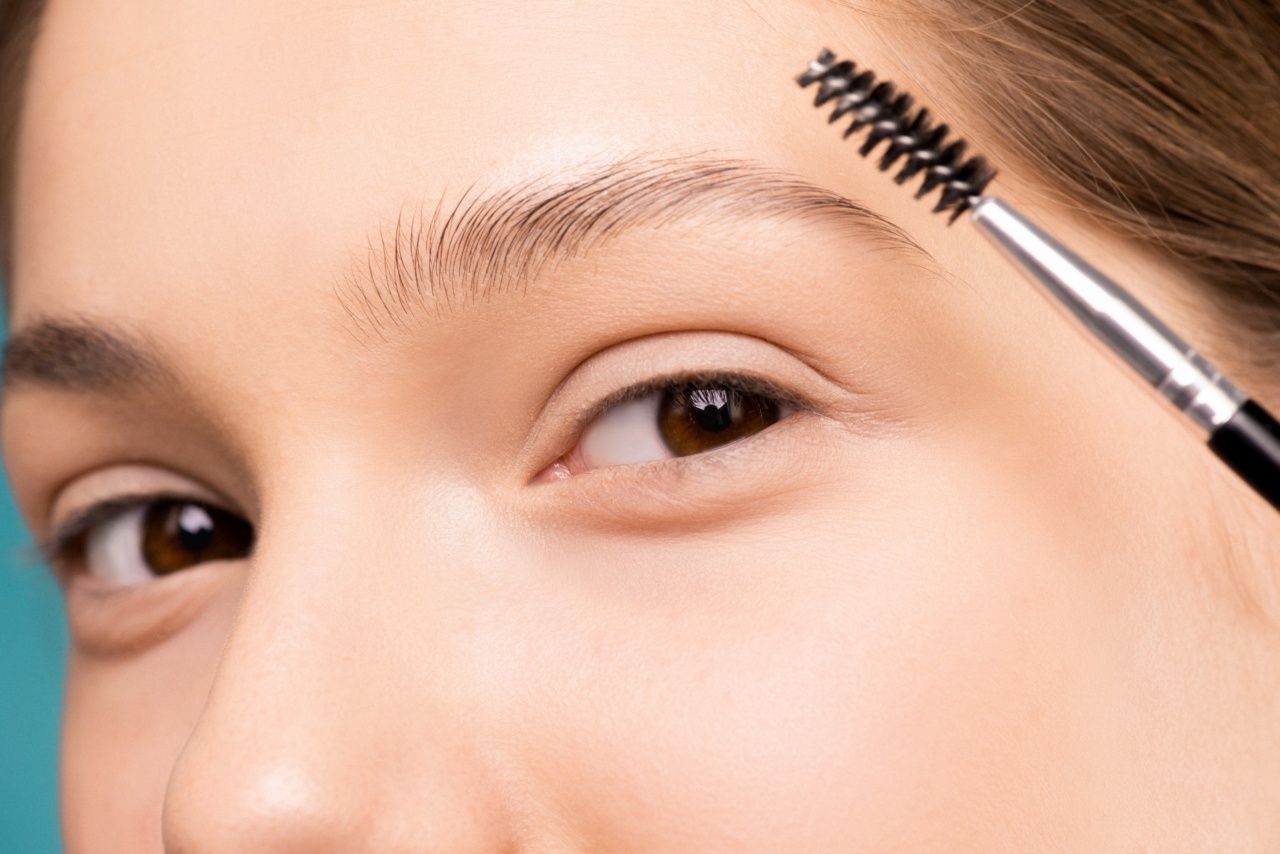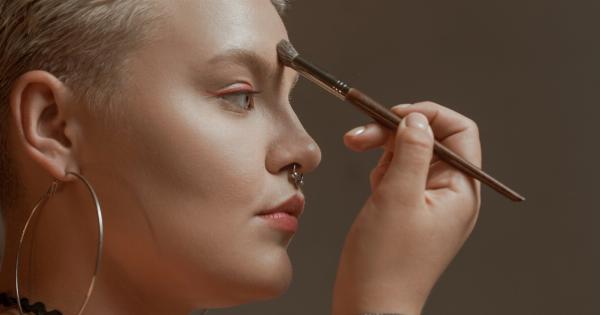Eyes are not only windows to the soul but also the body’s most complex organ. The eyes are a unique part of our body that can communicate our emotions, mood, and health conditions.
One of the most startling things that can happen to the eyes is “blushing.” A person’s eyes might blush due to many underlying factors that go beyond a simple embarrassment. In this article, we will explore what causes eye blushing, its effects, and how to treat it.
What is eye blushing?
Eye blushing is a phenomenon where the whites of the eyes appear bright red or pink. This condition is not just a cosmetic issue but can be a sign of an underlying medical problem.
Eye blushing is an indication of a sudden increase in blood flow to the eyes’ surface vessels. This increase in blood flow occurs due to the dilation of small blood vessels within the eyes, making the eyes appear red or pink.
What causes eye blushing?
Eye blushing is primarily caused by physical or emotional stress or sudden changes in the body. The following are some of the common underlying causes of eye blushing:.
Conjunctivitis
Conjunctivitis is also known as pink eye. It is an eye condition that results from inflammation of the conjunctiva, a membrane that covers the whites of the eye. Conjunctivitis can be either viral or bacterial and is contagious.
The symptoms of conjunctivitis include eye itching, redness, and discharge.
Environmental allergens
Allergens such as pollen, dust, and pet dander can cause eye blushing. The symptoms of eye blushing caused by allergens typically include itchiness, watering, and redness.
Contact lenses
The consistent use of contact lenses can cause eye blushing. Contact lenses tend to irritate the eyes, which can cause redness and itching. In severe cases, contact lenses can cause infections that can lead to permanent damage to the eyes.
It is important to maintain good hygiene when using contact lenses and check with a doctor if any irritation occurs.
Medical Conditions
Underlying medical conditions such as high blood pressure, glaucoma, and diabetes can cause eye blushing. Hormonal changes during pregnancy or menstruation can also cause eye blushing.
It is important to rule out any underlying medical issues if you are experiencing persistent eye blushing.
Stress and Anxiety
Stress and anxiety can also cause eye blushing. When the body experiences stress, the fight-or-flight response is triggered, leading to physical changes like increased heart rate, dilated blood vessels, and rapid breathing.
This response can cause the eyes’ blood vessels to dilate, leading to eye blushing.
The Effects of Eye Blushing
The effects of eye blushing go beyond just the physical appearance of the eye. Eye blushing can cause itchiness, irritation, and burning sensations.
Eye blushing can also lead to anxiety and a negative impact on one’s self-esteem, causing withdrawal from social situations. If the underlying cause of eye blushing is not treated, it can lead to chronic conditions like dry eye syndrome and eye infection.
Treatment for eye blushing
The treatment for eye blushing depends on the underlying cause of the condition. Eye blushing caused by allergens can be treated with antihistamines or eye drops.
If you are using contact lenses, it is essential to maintain good hygiene and consult a doctor if you experience any discomfort. Eye blushing caused by pink eye can be treated with antibiotics.
If a medical condition is found to be the cause of eye blushing, it is essential to treat the underlying condition. For instance, if high blood pressure is the cause of eye blushing, medication may be prescribed to manage the condition.
Prevention of Eye Blushing
Prevention is the best way to avoid eye blushing. Adopting good eye hygiene habits will go a long way in preventing eye blushing. Some of the things you should do to prevent eye blushing include;.
1. Maintain good eye hygiene by washing your hands before touching your eyes.
2. Wear sunglasses that filter out UV rays when exposed to the sun’s harmful rays.
3. Avoid using old or expired eye makeup that can increase the risk of infection.
4. Avoid rubbing your eyes to avoid irritation.
Conclusion
Eye blushing is a common condition caused by various underlying factors. If you are experiencing persistent eye blushing, it is essential to seek medical treatment to rule out any underlying medical conditions or infections.
To prevent eye blushing, it is essential to maintain good eye hygiene habits and take care of your general health.





























